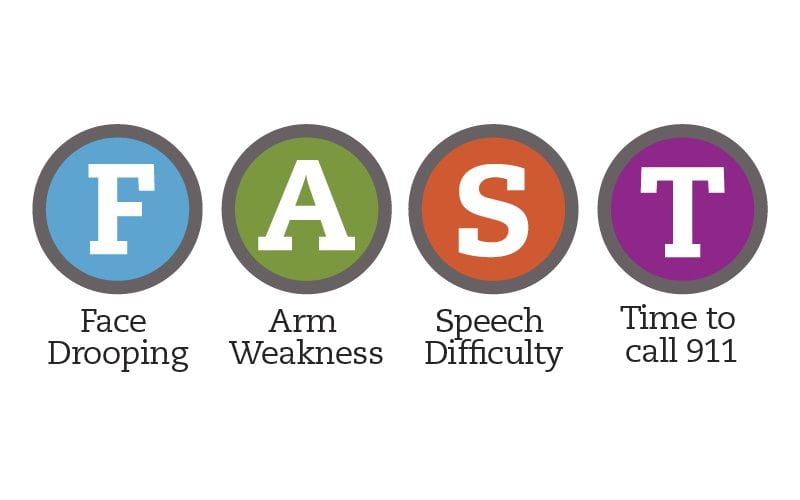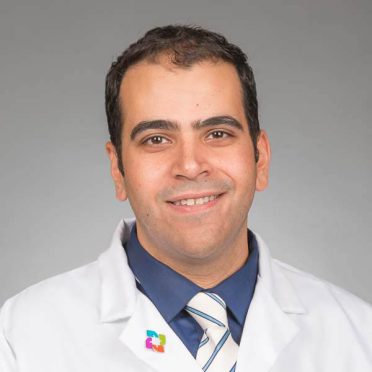A groundbreaking new study is changing the way doctors are able to treat people who have a stroke. Dr. Amre Nouh is the Director of the Comprehensive Stroke Center at Hartford Hospital.
Q: What is this new study? What does it mean for stroke patients?
A: This is very exciting time for us in stroke because now we have this recent study called the DAWN trial that has proven that patients beyond the traditional six-hour mark up to 24 hours of stroke symptom on-set could benefit from treatment. That’s really exciting.
Q: What type of stroke patient could benefit from the new protocols?
A: Patients who come in who have a blockage in the blood vessels that can cause decreased blood flows to a part of the brain are the patients that would be identified as potential candidates for treatment. In the past, patients with those symptoms up to six hours would be candidates for treatment. But now, with this new study, it proves that with advanced imaging techniques, we could find patients who have salvageable brain tissue where the stroke process has not yet set in, and go after those patients’ clots and take them out with really good outcomes.
Q: Walk us through the process when a qualified stroke patient who comes for treatment: how does that work?
A: Basically, when a patient comes to the emergency department, they are evaluated right away. They get assessed clinically to see what kind of stroke severity there is, and what symptoms they are experiencing. They would get a CAT scan. Then based on the time window from what they presented with their symptoms, they would qualify for either a clot-busting medicine through an IV, or for an advance procedure, a catheter-based procedure going to the Angio-suite and pulling out a clot from the brain would help restore blood flow.
Now, with this new study, up to 24 hours out from stroke onset could be treatment candidates. So patients who wake up with stroke on-set, or they don’t remember when the stroke symptoms started, those are patients who historically couldn’t be treated, but now we can identify the subset of patients who can through advance imaging and offer treatments. This is revolutionary for stroke.
The most important thing to emphasize is still that time is brain, and the earlier you come to the hospital, the more options for treatment there are.
For more information on the Comprehensive Stroke Center at Hartford Hospital, click here.


